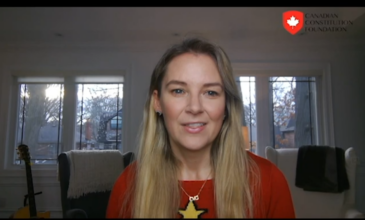In an unanimous decision today in the case of Saskatchewan (Human Rights Commission) v. Whatcott, the Supreme Court of Canada struck a blow against freedom of speech. In upholding a previous 1990 decision of the Supreme Court in Canada (Human Rights Commission) v. Taylor, the Court felt that its previous decision in Taylor, with some modifications, provides a “workable approach” to interpreting the word “hatred” in 14(1)(b) of the Saskatchewan Human Rights Code.
While the Court acknowledged that section 14(1)(b of the Saskatchewan Human Rights Code infringes the freedom of expression guaranteed under s. 2(b) of the Charter of Rights and Freedoms, they felt it was demonstrably justified in a free and democratic society. The Court also found that while section 14(1)(b) of the Saskatchewan Code also infringes freedom of conscience and religion as guaranteed under s. 2(a) of the Charter, it was also a reasonable limit demonstrably justified in a free and democratic society.
CCF Executive Director and lawyer Chris Schafer said, “The Supreme Court missed an excellent opportunity to rein in the power of various human rights commissions and tribunals to censor the expression of unpopular beliefs and opinions”. Schafer added, “While the Canadian Constitution Foundation does not take any position on the content of the materials distributed by Mr. Whatcott, it believes that it is the right of every Canadian to freely and peacefully express themselves without fear of censorship or persecution by the state. Free expression is the lifeblood of democracies and all forms of expression, especially the offensive kind, needs to be protected. Unfortunately, the Supreme Court disagrees.”
Background:
Between 2001 and 2002, as part of his activism, Mr. William Whatcott distributed numerous flyers in both Regina and Saskatoon. These flyers bore titles like “Keep Homosexuality out of Saskatoon’s Public Schools”.
His flyers espoused a “fire and brimstone” message with regards to teaching children in public schools about homosexuality. It should come as no surprise that people found his flyers offensive. But instead of throwing out his flyers, as most would be inclinded to do, four offended members of the community filed a complaint against Mr. Whatcott at the Saskatchewan Human Rights Tribunal.
They argued that Mr. Whatcott violated section 14(1)(b) of the Saskatchewan Human Rights Code by distributing flyers to oppose the teaching of homosexuality in Saskatoon’s public schools. The Saskatchewan Human Rights Code prohibits the publication of any statement which “exposes or tends to expose to hatred, ridicules, belittles or otherwise affronts the dignity of any person or class of persons” on the basis of age, race, religion, sexual orientation, and other grounds.
The Tribunal ruled that Mr. Whatcott had violated Saskatchewan’s Human Rights Code, and they ordered him to pay $17,500 in damages to the four offended persons and to never again distribute the same or similar flyers.
That decision was upheld on its first appeal to the Saskatchewan Court of Queen’s Bench in 2007. But in February, 2010, three members of the Saskatchewan Court of Appeal overturned it. The Court of Appeal accepted that the provision was constitutional but held that the flyers did not contravene it. The CCF intervened in support of the constitutional rights of citizens to express their religious and political opinions on matters of public policy at the Saskatchewan Court of Appeal.
The CCF then intervened at the Supreme Court of Canada, making oral and written arguments through pro bono counsel Mark Gelowitz of Oslers, Hoskin & Harcourt LLP, defending free speech at Canada’s highest court. The case was heard on October 28, 2010.






